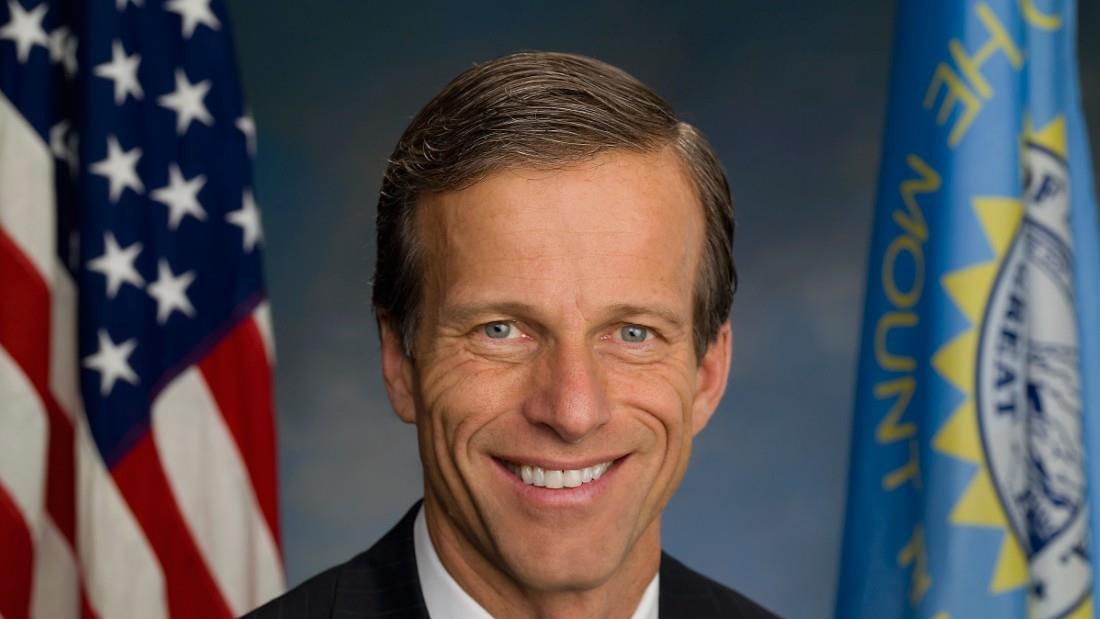
A recent controversy has emerged around the publication of a federally-funded study exploring the effects of puberty blockers on transgender adolescents. Dr. Johanna Olson-Kennedy, a leading advocate for gender-affirming care, revealed she delayed releasing the results of a $10 million study due to concerns that the findings could be misused in politically charged debates.
The unpublished data reportedly found no significant improvements in mental health outcomes among transgender youth using puberty blockers, which contradicts previous advocacy that these treatments reduce psychological distress. Olson-Kennedy expressed fears that releasing the results might fuel anti-transgender policies in the U.S., making the research a tool for political opposition rather than constructive dialogue.
This situation has reignited public debates on the intersection of medical research and politics, as well as the responsibilities of researchers in highly polarized topics like transgender healthcare. Supporters of the delay argue that it’s essential to avoid data misuse, while critics emphasize the importance of transparency, especially when taxpayer dollars are involved.
The political climate surrounding gender-affirming care has intensified in recent years, with several states implementing restrictions on puberty blockers for minors. This study’s postponement now adds complexity to ongoing policy discussions about the availability and ethical considerations of such treatments.
What are Puberty Blockers?
Puberty blockers are medications designed to pause the physical changes of puberty. They are commonly prescribed to adolescents experiencing gender dysphoria, giving them time to explore their gender identity before making irreversible decisions about their bodies. While some studies suggest the benefits of these treatments, including reduced distress, the long-term mental health impacts are still under investigation, leaving room for debate.
Public Health and Policy Implications
This delay raises questions about how researchers navigate the pressure to balance scientific integrity and political ramifications. With multiple states enacting legislation to restrict access to gender-affirming care, including puberty blockers, many worry that withholding such research could hinder informed policymaking. On the other hand, publishing incomplete or controversial findings might add fuel to political rhetoric that targets transgender individuals and the medical professionals treating them.
As this situation unfolds, it will be crucial to monitor whether or when the study will be released and how it might shape both public opinion and future legislation.
Internal Linking
For related news and updates on gender-affirming healthcare, visit our comprehensive coverage at The Newsify.
External Linking
To learn more about the controversy surrounding gender-affirming treatments, visit the American Physiological Society’s analysis of puberty blockers here or explore recent developments in U.S. policy through The New York Times.
Impact of Study Delays on Public Policy and Health Outcomes
The decision to delay the release of the puberty blockers study highlights the delicate balance between research transparency and political consequences. Experts argue that incomplete data could skew public perception, influencing restrictive policies like those recently implemented in states such as Florida and Texas. These laws limit access to puberty blockers for minors, citing concerns over long-term safety and mental health outcomes. For an in-depth analysis of how state-level restrictions are impacting healthcare access, see recent reports from The New York Times and policy briefs from The American Physiological Society.
Navigating Research Transparency and Political Impact
Research delays in sensitive topics like puberty blockers can create gaps in public understanding and hinder policymaking. With mounting concerns over the effects of puberty blockers on adolescents, many are turning to reliable resources such as the Mayo Clinic for medical guidance. Additionally, organizations like the American Civil Liberties Union (ACLU) provide legal perspectives on access to gender-affirming care amidst state-level restrictions. Transparent access to such studies is crucial for both advocates and policymakers to make informed decisions grounded in evidence.









Leave a Reply